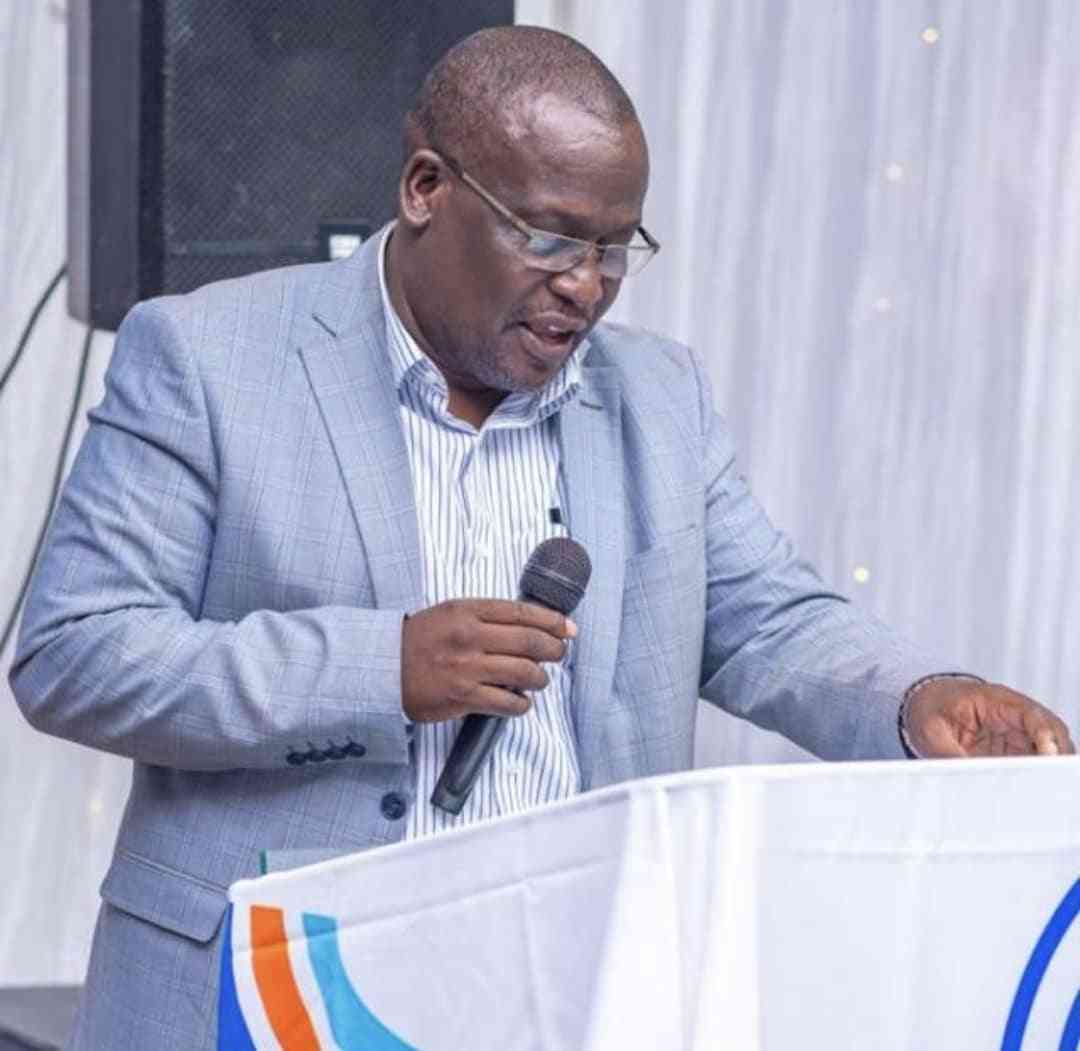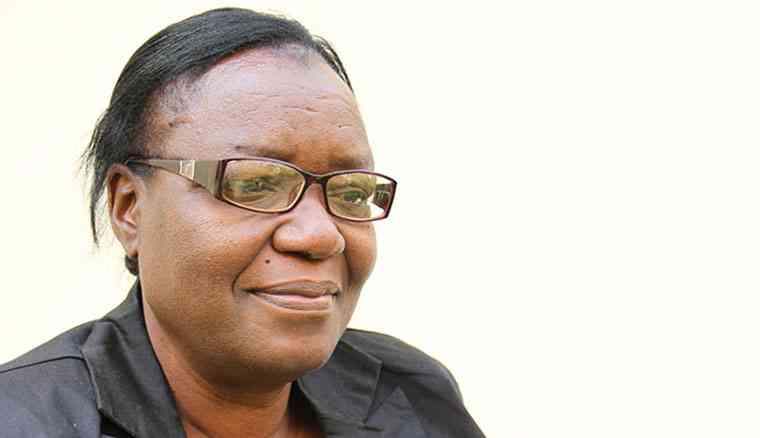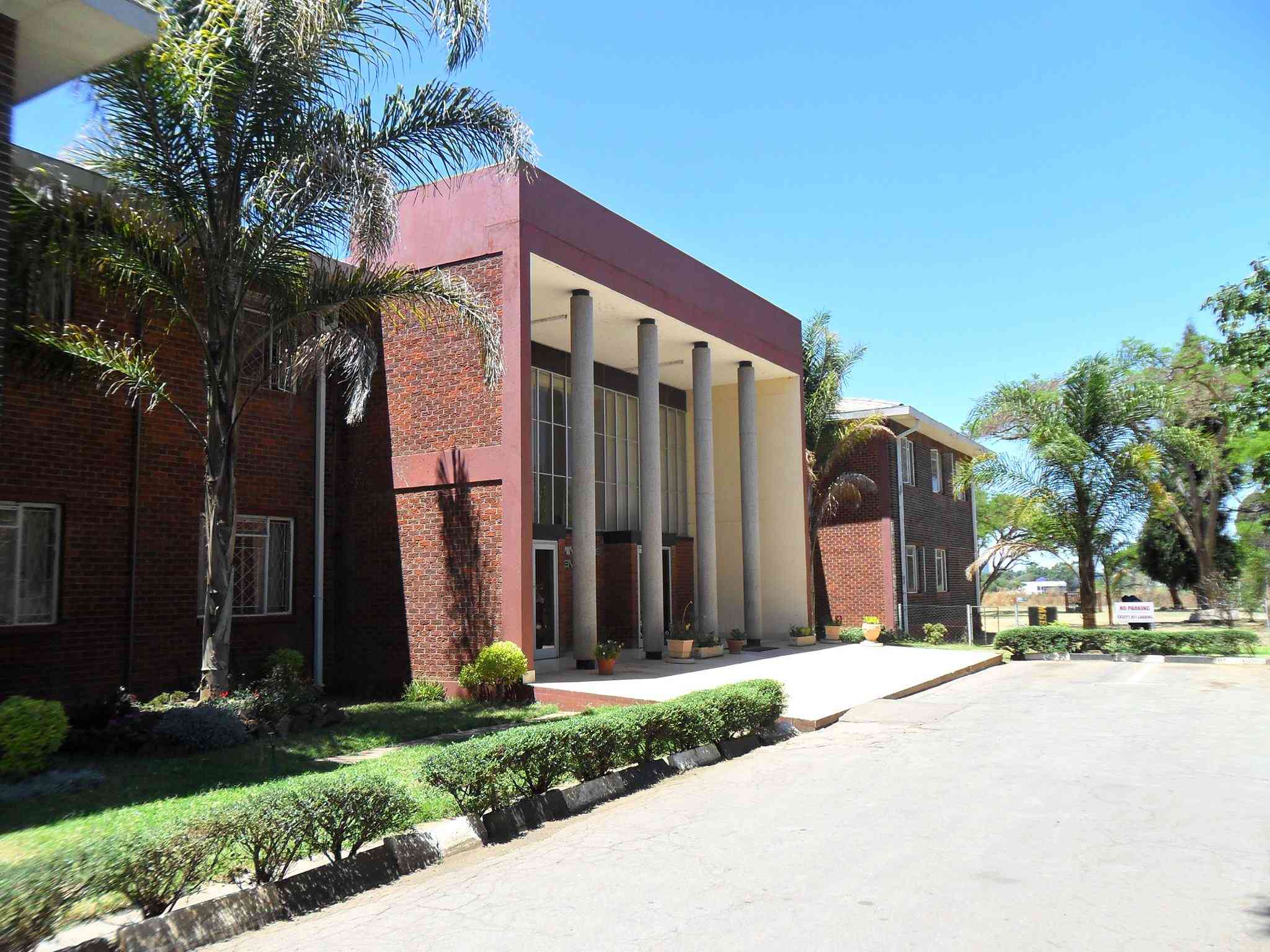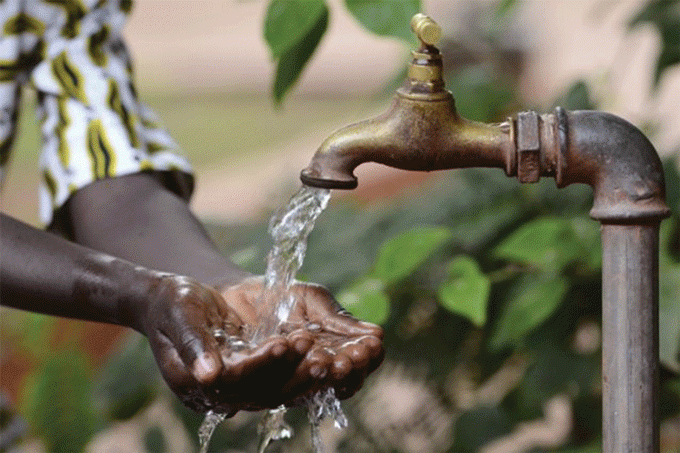
GOVERNMENT, in partnership with the Bulawayo City Council, has started identifying abandoned buildings for renovation and use as rehabilitation centres for drug abusers.
This was revealed by Bulawayo Provincial Affairs and Devolution permanent secretary Paul Nyoni.
Nyoni lamented the lack of rehabilitation centres, yet a number of buildings in the central business district are lying idle.
He said government is also converting a ward at the Ingutsheni Psychiatric Hospital in Bulawayo with a capacity of 20 beds for the same purpose.
“In addition, the facility at Emakhandeni is being refurbished to serve as a drop-in centre to deal with outpatients and relieve pressure on Ingutsheni,” Nyoni revealed.
“The facility at Lobengula is also going to be resourced to handle more cases.
“We are also working with BCC to identify more buildings in target areas for conversion to rehab facilities.”
Authorities at Ingutsheni Hospital recently told Southern Eye that at least 90% of patients at the facility suffer from drug and substance mental conditions.
- Uproar over census figures
- Byo Arts Festival in turmoil…One year later, festival has yet to pay artists…Organisers play cat and mouse with artists
- Bulawayo struggles to clear housing backlog
- Council acts tough on debts
Keep Reading
Reports also indicate that a significant number of new admissions at Ingutsheni is of patients suffering from alcohol, drugs and illegal substance abuse.
Nyoni said they decided to establish a rehab centre at Ingutsheni so that discharged patients get counselling before they leave for home.
Government has admitted that the country is facing a growing problem of substance abuse especially among unemployed youth.
Other researchers have attributed the increasing drug and substance abuse among young people, who make up about 61% of the country’s population of over 15 million, to waning parenting practices, poverty and idleness, broken homes, social influence and stress among other issues.
According to a study carried out by Unicef earlier this year, young people in the country are the most vulnerable section of the population, especially those from poor or unstable backgrounds who may be tempted to see drugs as an escape from life’s troubles.
In June, President Emmerson Mnangagwa launched the Zimbabwe Multi-Sectoral Drug and Substance Abuse Plan (2024-2030) and called for stiffer penalties against drug peddlers.









